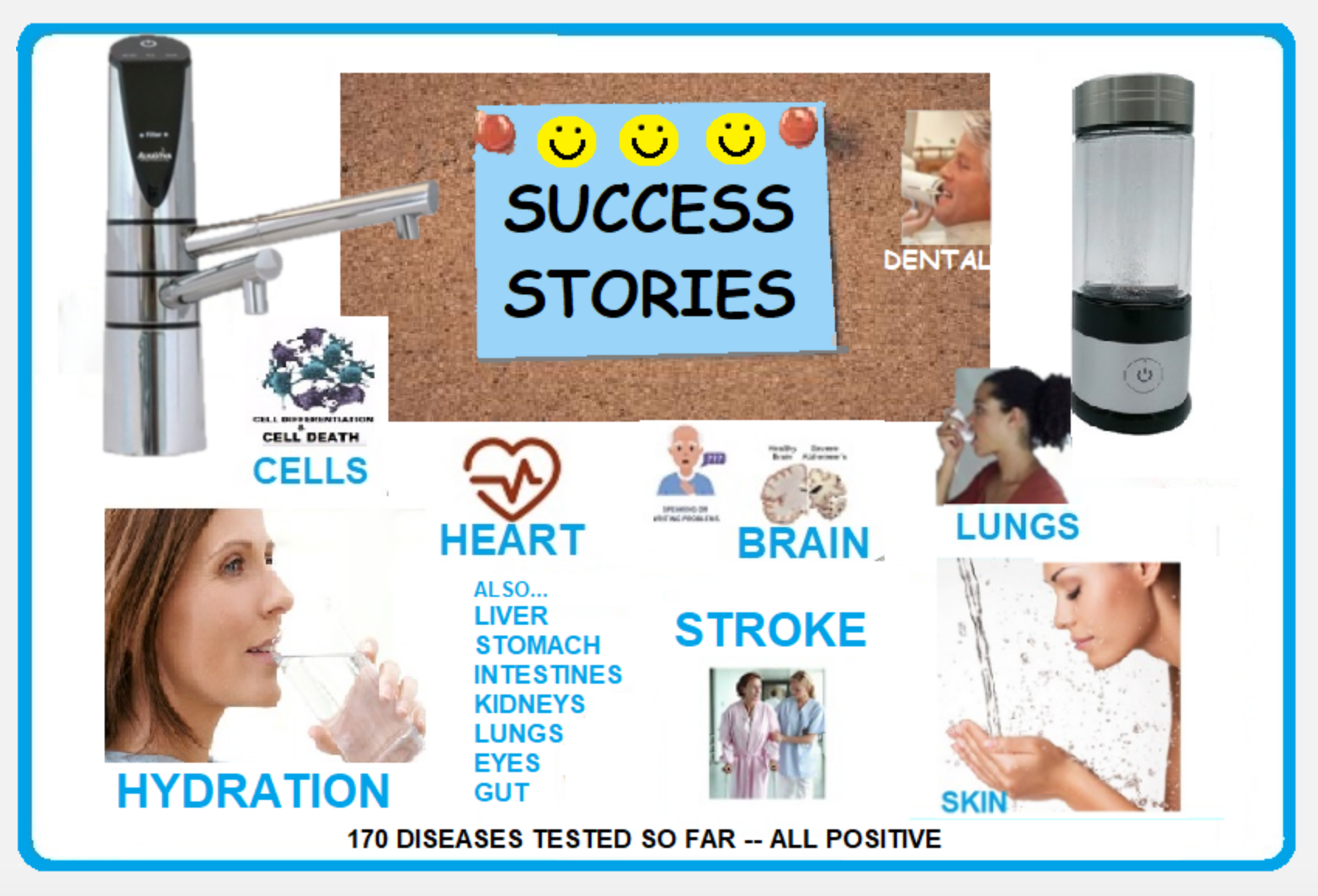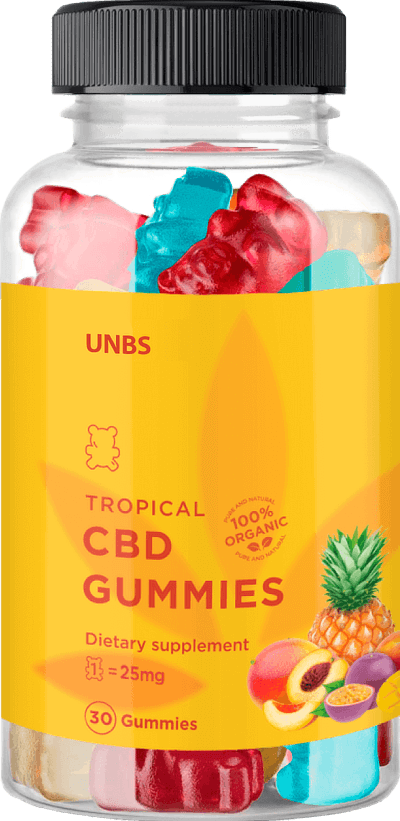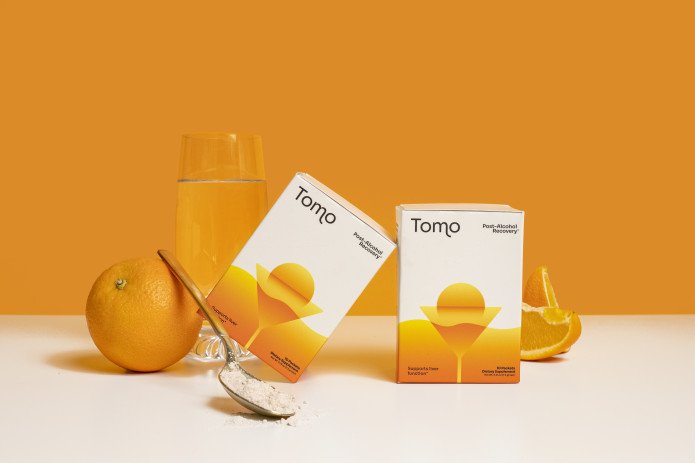
Alkaline Water Plus
Are there really any benefits to drinking alkaline water?
Grocery shopping can sometimes feel like a nautical adventure. And if you are not careful with your selections, you can easily run aground with a cartful of not-so-healthy food at the checkout counter.
To help shoppers navigate these waters, StarKist displays a heart-check mark courtesy of the American Heart Association on some of its salmon and tuna, reassuring consumers that the products meet the group’s criteria for a “heart-healthy food.”
But a recent class-action complaint alleges that the AHA logo is a bit like an iceberg in that it fails to disclose the fact that StarKist paid the group for the right to use its heart-check mark on its product labels. The complaint states:
Reasonable consumers see the Heart-Check Mark and mistakenly believe that a product with a Heart-Check Mark is healthier than a product without a Heart-Check Mark. … In fact, a food manufacturer must pay the American Heart Association … in order to place the Heart-Check Mark on its products.
While there are several nutritional requirements that a product must meet in order to bear the heart-check mark on its label, including limits on fat, cholesterol and sodium, the AHA acknowledges in a disclaimer on its website that the program is indeed a pay-to-play arrangement:
Food manufacturers participating in the program pay administrative fees to the AHA to cover program operating expenses.
Similar class-action lawsuits in recent years have been brought against Bumble Bee, Campbell Soup, Thomas’ Bagels and Blue Diamond over the brands’ use of the AHA logo.
Interestingly, the AHA imposes different limits on fat, cholesterol and sodium for different foods seeking heart-check certification. For instance, nuts can have no more than 140 mg of sodium per serving, while canned tuna can have up to 360 mg of sodium per serving. That’s 15 percent of the recommended daily value for sodium per serving.
So while a certification from a group like the American Heart Association may look nice on the label it’s important that consumers also look at the nutrition facts for a full picture of a food’s nutritional value.
Find more of our coverage on heart-healthy claims here.
Our Ad Alerts are not just about false and deceptive marketing issues, but may also be about ads that, although not necessarily deceptive, should be viewed with caution. Ad Alerts can also be about single issues and may not include a comprehensive list of all marketing issues relating to the brand discussed.
Are there really any benefits to drinking alkaline water?
Spam email leads to a fake endorsement from Dr. Oz, among other celebrities.
TINA.org breaks down the legal issues of marketing a “hangover supplement.”

